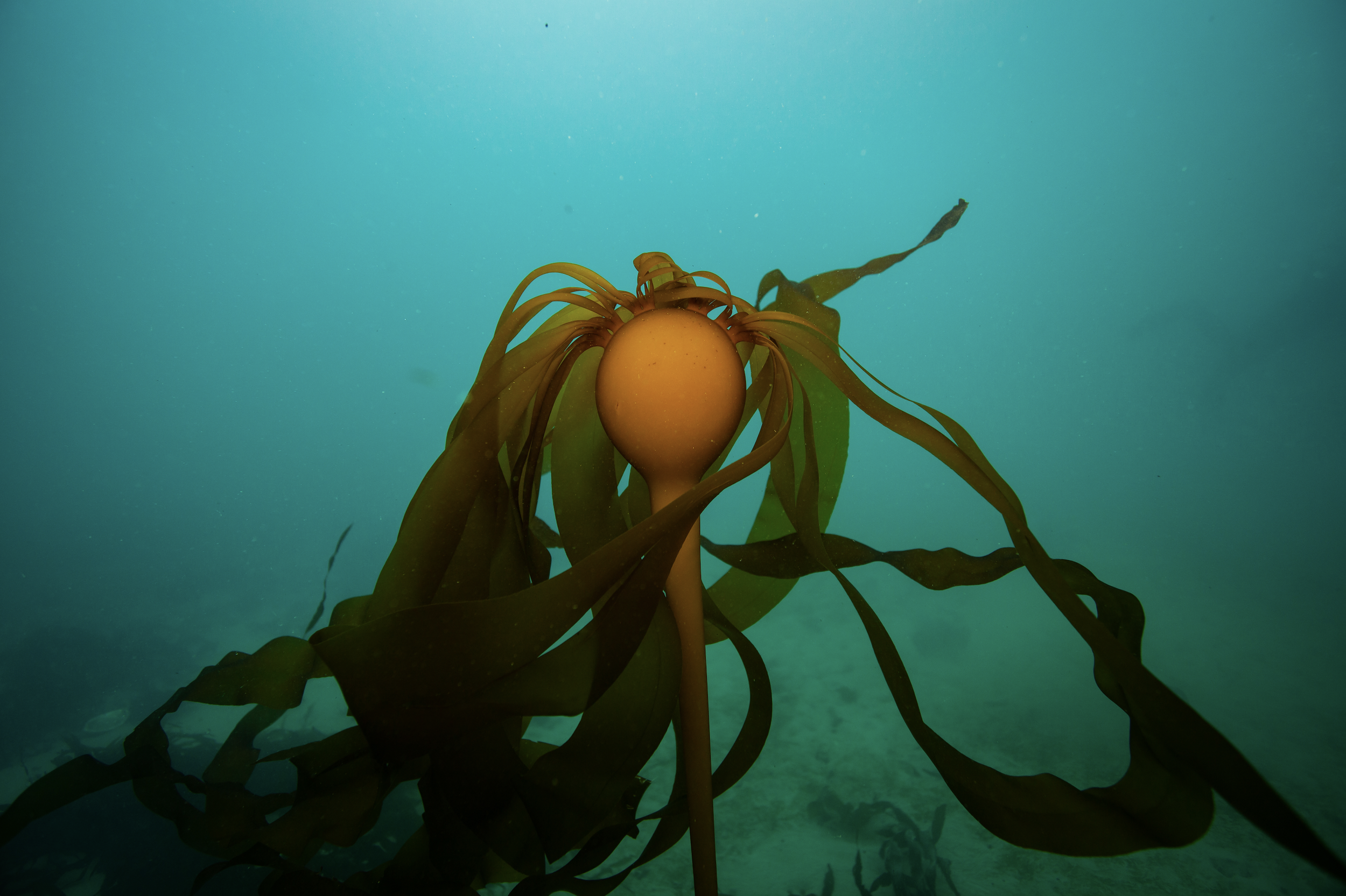
Resistance & Resilience
In the face of disturbance, ecosystems have the ability to persist throughout (resistance) or return post disturbance (resilience). Both of these serve as proxies for ecosystem stability and can provide valuable insight into the health and potential success of habitats. The resistance and resilience of foundation species are especially important in demonstrating anthropogenic effects of climate change on the ecosystems that provide massive services both biologically and socioeconomically.
Current Projects
Land to sea connectivity: studying persistent kelp patches to understand proponents of resistance
Subtidal surveys
Freshwater confluence
Population level resistance of bull kelp to ocean warming
Rachael’s project (resistance) - understanding regional effects on thermal resistance throughout bull kelp’s life history strategy
Effect of temperature of purple urchin feeding rate on microscopic bull kelp life history stages
Julieta’s project - temp effects on purple urchin feeding rates on microscopic bull kelp life history stages
Baseline of nursery habitat of Drake’s Bay
Alyssa’s project - baseline of nursery habitat / estuary monitoring
Salinity effects on purple urchin feeding rates
Past Projects
Effect of presence of non-native species in estuarine ecosystems on recovery speed of sea otters and the impact on their prey
Using audio recorders to quantify southern sea otter predation on crab in Elkhorn Slough